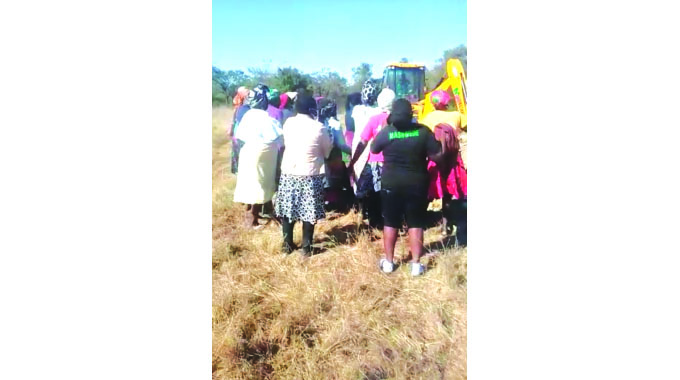Fraud insights: Way to empowerment against crime

Tom Muleya
Fraud Insight
Fraud is a notoriously manipulative crime such that even the educated, noble and mighty across the globe fall victim, resulting in varying degrees of monetary loss.
Due to the increased usage of internet and adaptation to online purchases, the threat is even bigger. Fraud victims lose either corporate data or personal details, to internet fraudsters in broad daylight in the most unsuspecting moments.
The crime’s non-violent nature and its tendencies of concealment have attracted even more potential offenders to enrol themselves in this criminal enterprise. The boom of this criminal enterprise can however be attributed to serious lack of fraud orientation, appreciation or awareness among potential victims, which the offenders exploit for monetary gain. In the book of Hosea 4:6, the Prophet laments that his people are destroyed for lack of knowledge.
Thus livelihoods of people are destroyed by the crime of fraud due to lack of knowledge.
In other words, daily insight into the phenomena crime of fraud becomes a necessity, where knowledge or insight must be seen as a strong strategy both at individual and corporate level to detect fraud, prevent fraud, and as proactive measure against fraud.
Thus this column on Fraud insights will bring at fore some real-life examples of fraud, provide an analytical view and give practical tips to prevent the puzzle of fraud in its broad and general context. The information will help every potential victim keep pace with ever changing trends of the evolving crime of fraud.
Today, as part of an introduction to the subject of fraud, I will touch on this important question: Who are victims to the crime of fraud? I think this is critical issue before talking about ways of preventing it.
I guess as you read the above question, some mental pictures flashed across your mind on would be victims. Tell you what, even those who think they are safe, find themselves falling prey.
The reason is very simple; there is wide knowledge gap about fraud. The level of lack of knowledge on fraud is synonymous with the current level of lack of knowledge or information on Covid-19 pandemic.
At the advent of Corona virus, some Zimbabweans believed that corona virus could not affect blacks because it was a disease for white people.
But now, we see whites and blacks alike affected and succumbing to it. However the current demand for the search of Covid-19 jab shows that some people are now having insight into the reality of the pandemic and its threat to human life.
Fraud scam victims are diverse, and largely depend on the type of fraud and its target. Below is the list of categories of some fraud victims that was extracted from various sources of fraud victim profiling.
The victims include amongst others; corporate organisations e.g. Government departments and private organizations, financial institutions, small businesses, computer and Internet users, pensioners, those who have lost identity particulars, home seekers, Investors, affinity groups, vendors, the dead people, unknowing victims, knowing victims, unbelieving victims, and victims by cooperating etc. When one takes a look at some of the victims listed above, it is interesting to note that the fraudsters would target and attack even the “dead people”.
This is commonly known as “The Jackal fraud”.
In this type of fraud, a deceased person’s identity is used to secure credit, goods and services. The name Jackal fraud is derived from the film ‘The Day of the Jackal’ where the assassin assumes the identity of a long deceased child to apply for a passport.
The other class of victims in Zimbabwe that seems to top the list is home seekers. For many people owning a house in town has become a nightmare. Innocent home seekers have fallen victim to real estate fraud in which fraudsters are using more organised and sophisticated tactics hard to detect.
The main culprits include real estate agents, bogus real estate companies, and land developers. The Herald, 28 September 2020, stated that nearly one hundred home seekers have lost millions of dollars in botched sales of immovable property after officers from the Deeds Registry and the Registrar General’s office allegedly supplied title deeds and national identity cards of property owners to criminals.
The local newspapers have on many occasions published stories about financial institutions falling victim to fraud scams. In 2010, FBC bank was hit by a fraud scam of US$500 000, and consequently the POSB in June 2020 lost $158 million to fraudsters.
Having taken a brief look at the question, “Who are fraud victims?” I suppose that everyone is a potential victim of fraud. Hence there is need for fraud awareness among individuals and the corporate world in order to prevent or minimise it. In the next issue, I will talk about “Cyber-crime in Covid-19 era: the case of employees working from home”. Get knowledge, get empowered.
For your comments and views, you can contact me on 0772 764 043 or E-mail:[email protected]. Tom Muleya is a Detective Assistant Inspector working under the Criminal Investigations Department, Harare.








Comments